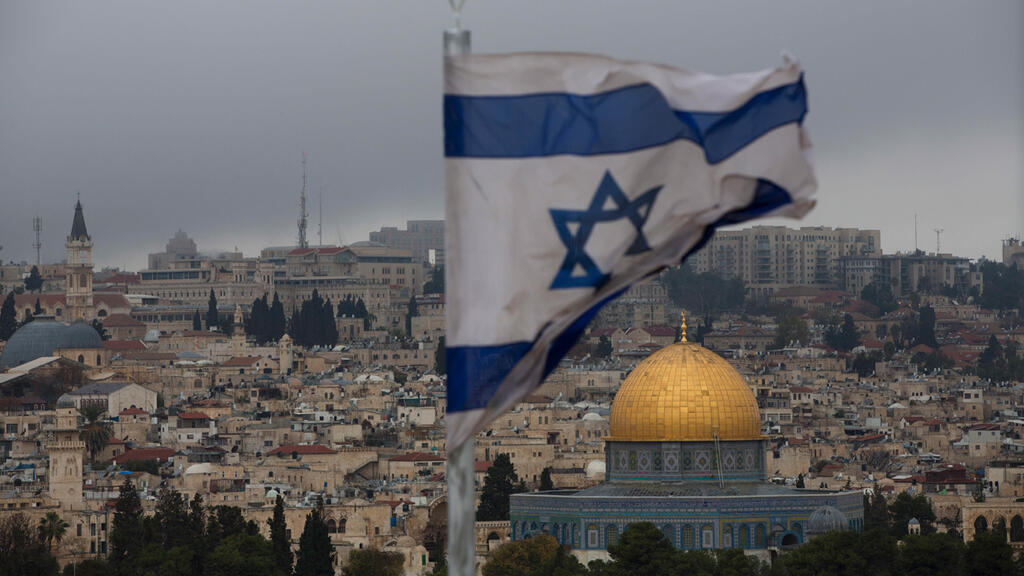Getting your Trinity Audio player ready...
Hundreds participated in the funeral of Rabbi Shalom Shmueli held Saturday overnight in Jerusalem. He was known as one of the greatest spiritual leaders and died at the age of 106.
Rabbi Shmueli was born in the city of Yazd in Persia after several babies born to his parents had passed away. His mother vowed to make Aliyah to Israel and made the journey on camels and on foot when he was just a month old. In the country, he studied the Jewish mystic text of the Kabbalah and later became the head of the Nahar Shalom Kabbalist Yeshiva in Jerusalem, which is now headed by his son.
Despite his knowledge of Torah and Kabbalah, he refused to accept money for his studies for most of his years as a Torah scholar. He opened a cobbler shop in Jerusalem and made a living by repairing and sewing shoes.
When he worked in the cobbler shop and whenever he left his house, he didn’t dress as a rabbi. Rabbi Shmueli made a point of appearing in public as an ordinary person, without revealing he was a learned scholar and the head of one of the most esteemed Kabbalistic institutions in the Jewish world.
He had a close relationship with other rabbis, including the Toldos Aharon Rebbe, former Chief Rabbi Shlomo Amar, and prominent rabbis from various communities in Jerusalem. Despite this, he distanced himself from public status and didn’t try to influence politics in the country.
Rabbi Shlomo Amar eulogized him, "The departure of the righteous is more difficult than the destruction of the Temple," he said adding Rabbi Shmueli was a humble person. Others recounted how he was diligent in his Torah study even late at night and started his day before dawn.
The schedule at the Kabbalist Yeshiva is unique and different from any other Jewish study institution. According to the timetable led by its heads, including Rabbi Shmueli, the day begins at midnight when the students, who have spent many years studying Talmud and Halacha (Jewish religious law), rise and study Kabbalistic matters to prepare for the morning prayer.
After the prayer, they begin studying Halacha, and in the afternoon, they have an extended lesson of several hours on Kabbalah texts. The day's schedule ends relatively early in the evening to allow for rest before the next day of studies, which also begins at midnight.



